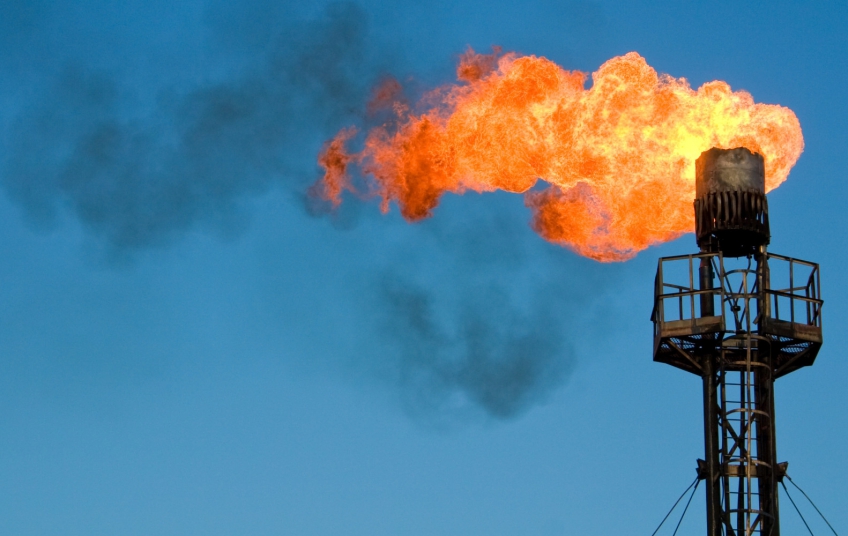Flaring of gas at crude-oil production sites worldwide went down in 2017 despite a 0.5% increase in production, the World Bank’s Global Gas Flaring Reduction Partnership reported. The nearly 5% year-to-year decline began to reverse years of increases that began in 2010, it said.
Satellite measurements by GGFR showed that flaring globally totaled a rounded 140.6 billion cu m (bcm) last year, 4.7% less than 2016’s 147.6 bcm. The 2017 amount was the lowest total since 2013’s 139.6 bcm.
Russia flared the largest single amount, 19.9 bcm, in 2017, 2.5% less than the 22.4 bcm which was measured there a year earlier and equal to the amount measured in 2013. Iraq came in second last year at 17.8 bcm, followed by Iran at 17.7 bcm, the US at 9.5 bcm, and Algeria at 8.8 bcm.
“The latest global gas flaring data are encouraging, but we will have to wait a few more years to know whether it represents a much-needed turning point,” said Riccardo Puliti, a World Bank senior director who heads its energy and extractives global practice.
“Ending routine gas flaring is a key component of our climate change mitigation agenda, and the global flaring reduction Initiative we launched just 3 years ago now has 77 endorsers, covering about 60% of the total gas flared around the world,” he indicated.
The US National Oceanic and Atmospheric Administration and GGFR have developed the flaring estimates in cooperation with the University of Colorado, based on observations from advanced sensors in a satellite launched in 2012, the World Bank organization comprised of governments, oil companies, and international institutions said.





